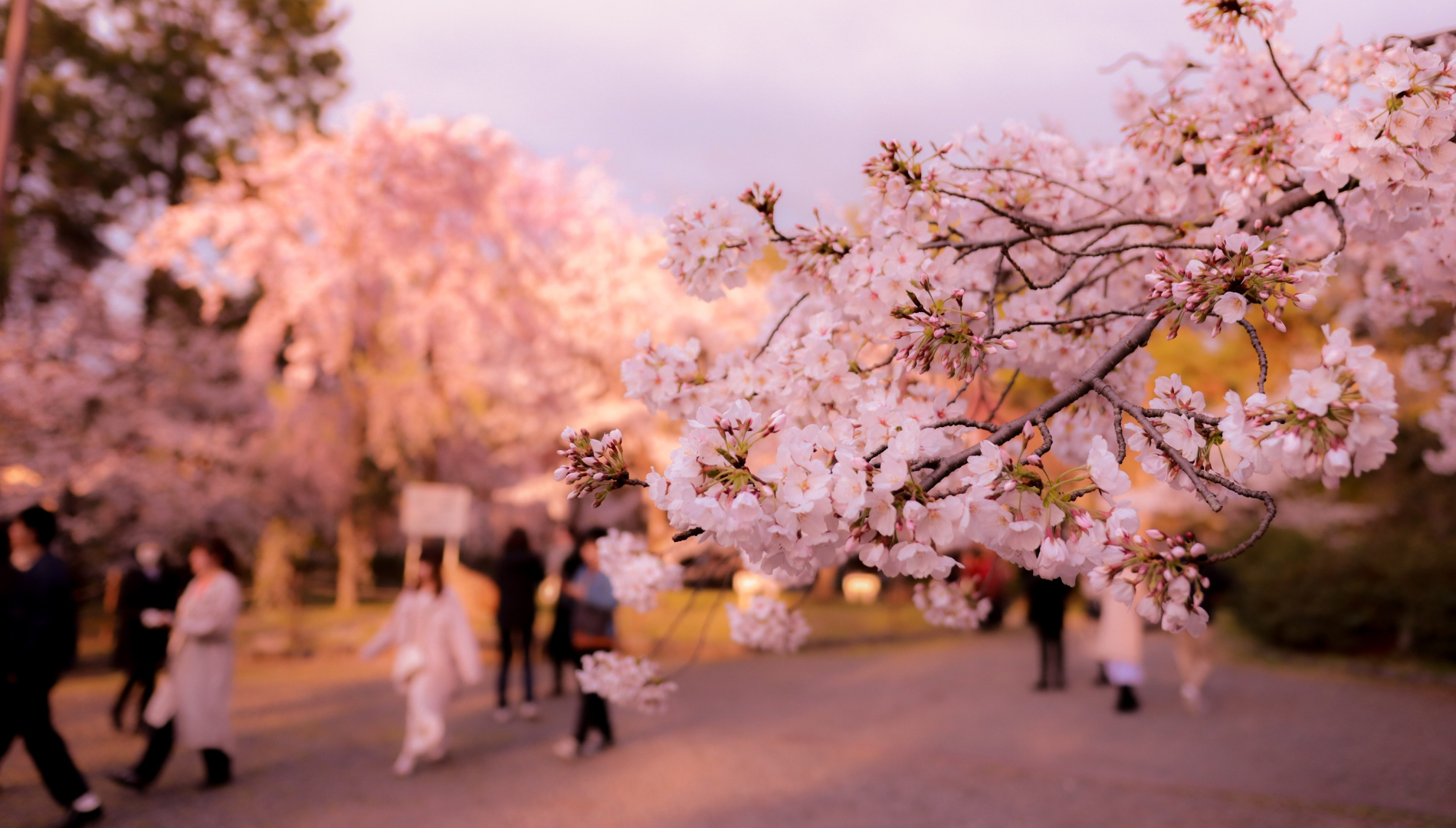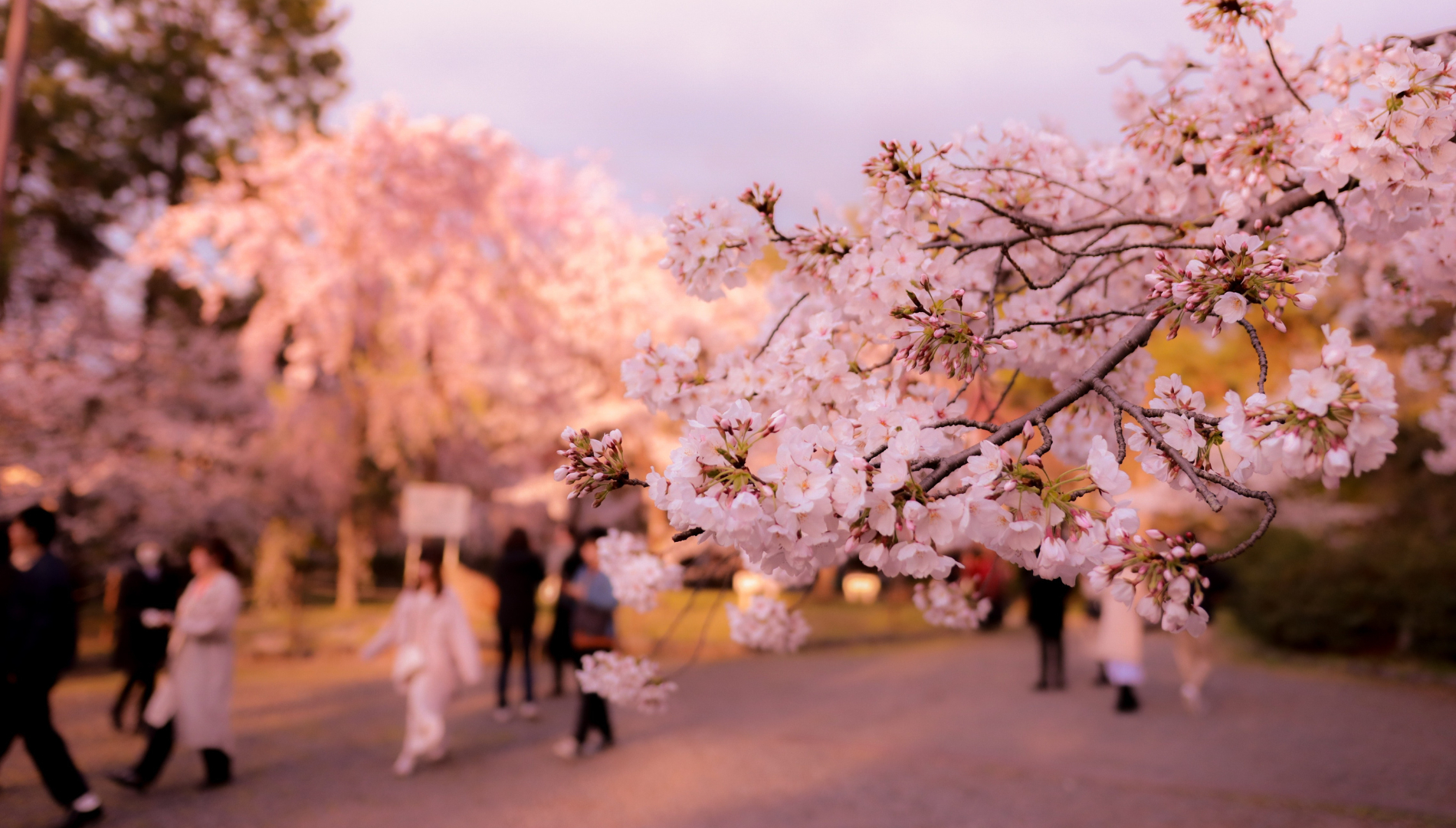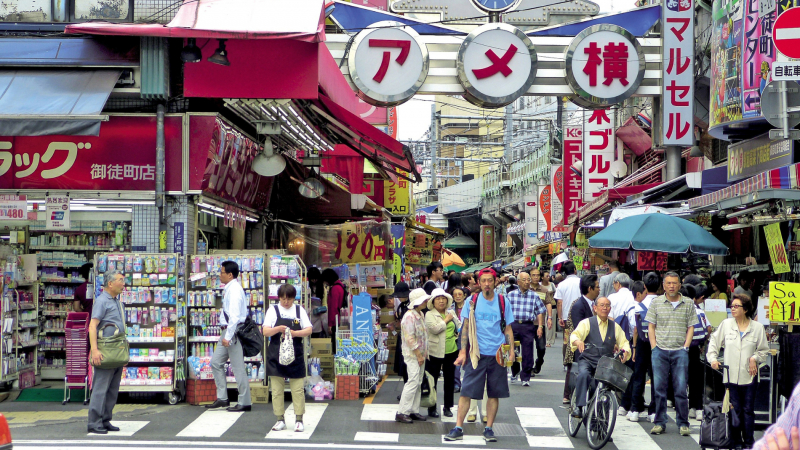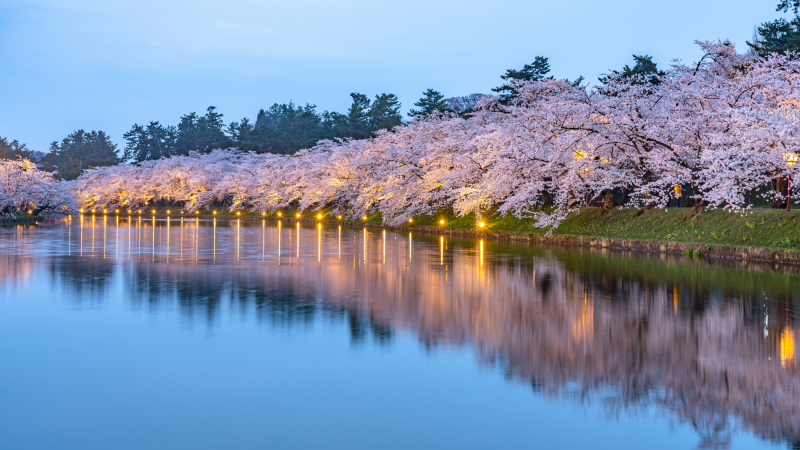In early 2025, the Henley Passport Index, a prestigious organization that tracks and ranks the strength of national passports worldwide, published its annual ranking, attracting global attention. According to the ranking, Singapore continued to assert its leading position, holding the title of the world's most powerful passport.
Meanwhile, Japan, a country renowned for its stability and development, impressively secured the runner-up position in this prestigious ranking. The Japanese passport, a symbol of reliability and prestige, grants its citizens immense freedom of travel. With a passport in hand, Japanese people can easily explore and experience the beauty of 190 countries and territories around the globe – an impressive number demonstrating the superior strength of the Japanese passport on the international stage.
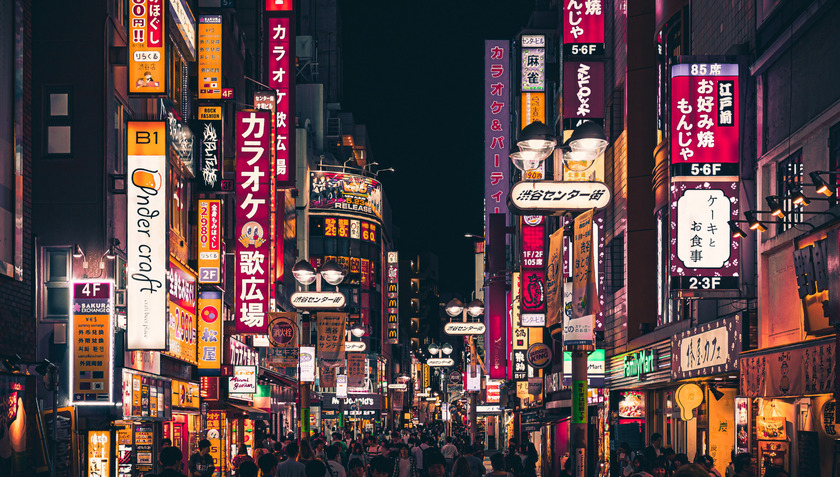
35% of Japanese people surveyed said they no longer want to travel, especially abroad.
Despite possessing one of the world's most powerful passports, opening doors to countless countries and territories, Japanese people exhibit a surprising indifference to international travel. This creates an intriguing paradox, attracting the attention of experts and the global media.
According to a report released on February 20th by the Japanese Ministry of Foreign Affairs, as of December 2024, the total number of Japanese citizens holding valid passports reached only 21.6 million. While this figure may seem impressive at first glance, compared to Japan's total population, it represents a modest 17.5%. This means that, in a country with a developed economy and a high standard of living, a large proportion of the population has no need for a passport, an essential tool for international travel.
To better understand this trend, we need to look back. In 2019, before the COVID-19 pandemic, the percentage of Japanese people holding valid passports was 25%. This significant drop, from 25% to 17.5%, shows a clear shift in the attitudes of Japanese people towards international travel.
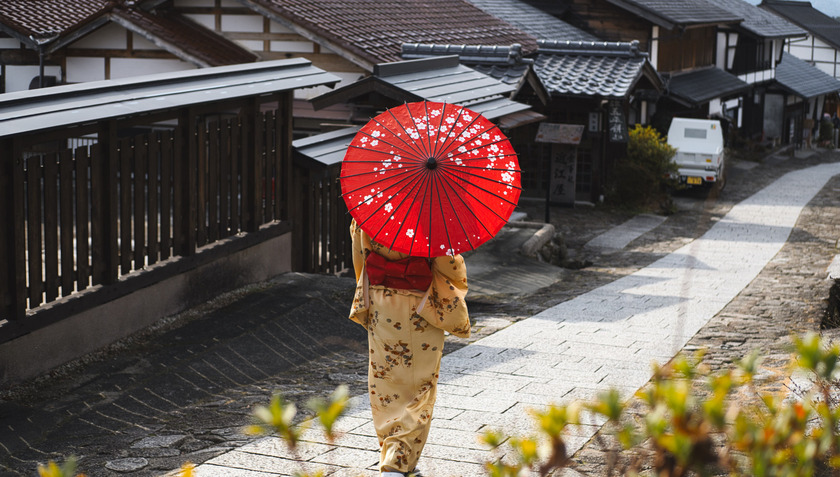
Japanese people choose to travel domestically instead of going abroad.
Atsushi Suzuki, 34, from Tokyo, who works for an international non-governmental organization, is one of those who haven't renewed their passport after their old one expired during the pandemic. Suzuki said, "I'll renew my passport sooner or later because I need to travel abroad for work," but he insisted he has no plans for international travel. His last overseas trip was to Thailand in 2012, when he was a student.
Currently, if he wants to go on vacation, Suzuki prefers to travel nearby by car. "I have a dog, so traveling nearby is more convenient," he says. His favorite destinations are Hakone or Yamanashi. The weak yen against many other currencies is one of the reasons Suzuki is hesitant to travel, fearing it will be too expensive.
Tetsu Nakamura, a professor at Tamagawa University in Japan and an expert in travel psychology and behavior, said the results were not surprising. "In 2019, even before the pandemic, only about 10% of the Japanese population traveled abroad at least once a year," the professor added.
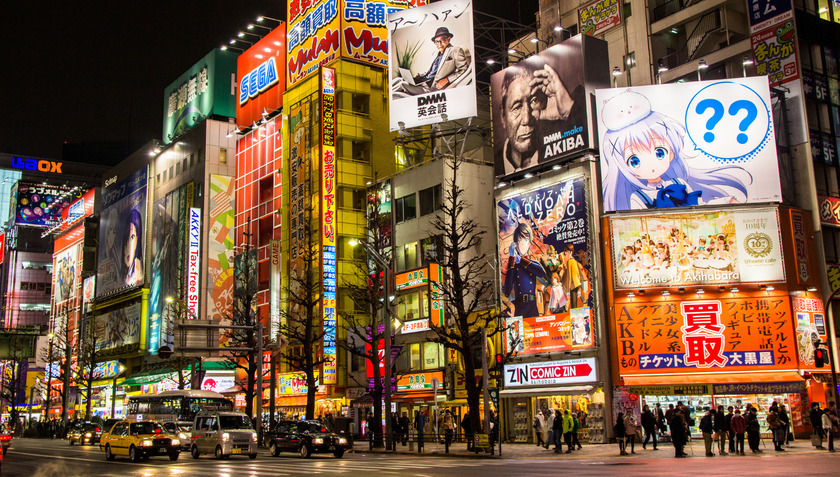
Despite possessing the world's most powerful passport, Japanese citizens are reluctant to travel abroad.
Professor Nakamura himself conducted a study in 2016. In that study, there was a group he called "passive people," meaning those who said they wanted to travel abroad but in reality wouldn't; and a group of "deny people," meaning those who showed no interest in traveling abroad and certainly wouldn't go.
When planning an overseas trip, one of the most significant expenses travelers must carefully consider is airfare. With the Japanese yen depreciating to its lowest level since 1998, coupled with years of stagnant wage increases for the majority of Japanese workers, the financial burden becomes a major obstacle for those wishing to explore the world.
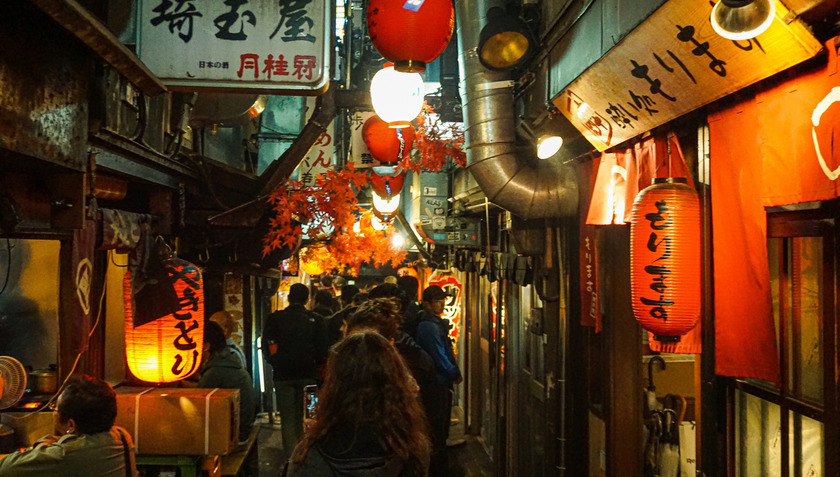
However, analysts estimate that by 2025, only about 14.1 million Japanese people will use their passports to travel abroad.
With tighter incomes, the ability to afford luxury trips has decreased. Japanese people, especially young people, are gradually shifting towards more economical options. Instead of venturing abroad, they find joy in enjoying relaxing moments at home or exploring familiar destinations within their own country.
This shift is not simply a reaction to the difficult economic situation, but also reflects a change in the lifestyles and preferences of Japanese youth. According to analyst Toriumi, "Young people today find online entertainment, immersing themselves in the world of games on their smartphones, more enjoyable and relaxing than facing the risks and inconveniences of traveling abroad."
According to the latest data from the Japan National Tourism Organization, the number of Japanese tourists traveling abroad decreased by 86.2% in 2022, to approximately 2.7 million compared to 20 million in 2019.

 VI
VI EN
EN



